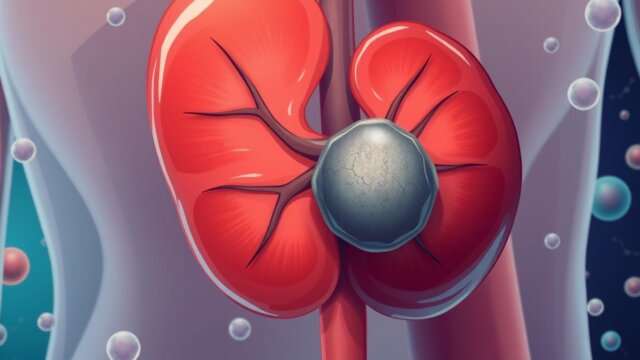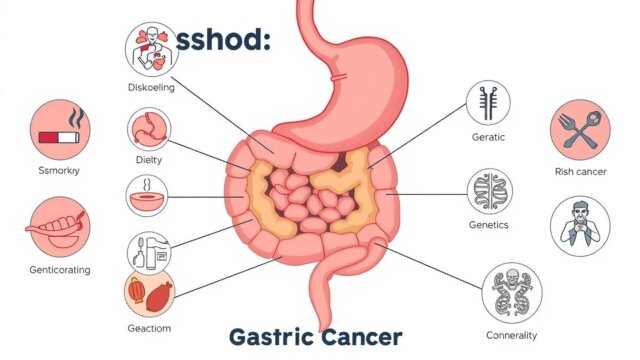FTC disclaimer: This post may contains affiliate links and we will be compensated if you click on a link and make a purchase.
Have you ever had an asthma attack? Did you try using inhalers? Well, there are some home remedies for asthma attacks that you should try before resorting to medication.
Asthma attacks are very common among children and adults. They occur when the airways become inflamed due to allergies or other reasons.
If you suffer from asthma attacks, you must learn how to deal with them effectively. Here are some home remedies for asthmatic patients.
What is an Asthma Attack?
An asthma attack is a sudden worsening of asthma symptoms. It can be mild, moderate, or severe. An asthma attack can happen without warning and can quickly become life-threatening.
Asthma is a chronic lung condition that affects millions of people worldwide. It is characterized by inflammation of the airways, which leads to wheezing, shortness of breath, chest tightness, and coughing.
Asthma attacks can be triggered by many things, including allergies, cold air, exercise, and emotional stress. Certain drugs, such as beta-blockers, can trigger an asthma attack in some people.
During an asthma attack, the airways narrow, and the muscles around them tighten. This makes breathing harder and can lead to a dangerous drop in blood oxygen levels.
If you think you or someone else is having an asthma attack, it is important to seek medical help immediately. Asthma attacks can be very dangerous and even life-threatening.
Home Remedies for Asthma Attack
Eucalyptus Essential Oil

Eucalyptus essential oil is derived from the leaves of the eucalyptus tree. It has a strong, minty scent and is used in aromatherapy.
The oil has anti-inflammatory and bronchodilator properties. This means it can help reduce inflammation in the airways and make breathing easier.
A study found that eucalyptus essential oil may help relieve asthma attacks symptoms.
Researchers divided asthma sufferers into two groups. One group received a treatment of eucalyptus oil, while the other group received a placebo.
Both groups were asked to record their asthma symptoms over a two-week period. The group that received eucalyptus oil reported a significant reduction in their symptoms.
How to use Eucalyptus oil for Asthma Attacks?
Eucalyptus oil can be diffused in the air or applied topically. When diffused, it can help to open up the airways and make breathing easier. When applied topically, it can help to soothe the skin and reduce inflammation.
To use eucalyptus oil as a home remedy for asthma, add a few drops of the oil to a diffuser or humidifier. You can add a few drops of the oil to a warm bath or apply it topically to the chest and back.
If you are looking for a natural way to help with your asthma, eucalyptus essential oil is a great option. This oil is safe to use and has a variety of benefits.
Breathing Exercises

When an asthma attack strikes, it can be a frightening experience. The good news is that there are things you can do to ease the symptoms and get your breathing back to normal.
One of the best things you can do is to focus on your breathing. This may seem counterintuitive, but it can help to slow down your breathing and make it more regular.
Take a deep breath through your nose, filling your lungs as much as possible. Then, exhale slowly through your mouth. Repeat this several times.
In addition to deep breathing, you can try a few other breathing exercises. One is to purse your lips and breathe out slowly through them. Another is to hold your breath for a few seconds before exhaling.
If you’re having trouble catching your breath, sit up straight and lean forward slightly from the waist. This will help open up your airway.
If you’re still struggling to breathe, call 911 or your local emergency number. Asthma attacks can be very serious, and you should get medical help immediately if you’re having trouble breathing.
In the meantime, a few home remedies can help ease your symptoms.
One is to drink a cup of warm water with honey and lemon. This can help soothe your throat and loosen mucus.
Another is to take a hot shower or bath. The steam can help open up your airways and make breathing easier.
Finally, try to stay calm. Stress can worsen asthma symptoms, so try to relax as much as possible.
If you follow these tips, you should be able to get your breathing back to normal and avoid an asthma attack.
Lavender Essential Oil

The lavender essential oil has been used for centuries in traditional medicine to treat various ailments. The most common use of lavender oil is for relaxation and stress relief. However, recent studies have shown that lavender oil can also be effective in treating asthma attacks.
Lavender oil is thought to work by relaxing the smooth muscles of the airways, which allows the air to flow more freely. This can help to prevent or reduce the severity of an asthma attack.
In one study, lavender oil was found to be just as effective as a common asthma medication in treating asthma attacks.
How to use lavender oil for Asthma Attacks?
You can use lavender oil to treat asthma attacks in several ways. One way is to add a few drops of lavender oil to a diffuser and inhale the vapors. You can add a few drops of lavender oil to a warm bath and soak it for 20 minutes.
If you have an asthma attack, you can also try massaging a few drops of lavender oil into your chest and back. This can help to loosen the muscles and make it easier to breathe.
If you are interested in trying lavender oil to treat your asthma, you should talk to your doctor first. Some people may be allergic to lavender oil, so it is important to test a small area of your skin before using it.
In general, lavender oil is considered to be safe for most people. However, if pregnant or breastfeeding, you should talk to your doctor before using lavender oil.
Some people also report that lavender oil can cause drowsiness. If you are driving or operating machinery, you should not use lavender oil.
If you are using lavender oil to treat asthma, it is important to follow the directions on the bottle. Do not use more than the recommended amount.
Lavender oil is a natural remedy that can be used to treat asthma attacks. If you are interested in trying lavender oil, talk to your doctor to see if it is right.
Caffeinated tea or coffee

There are many options available for finding home remedies for asthma attacks. However, one of the most popular and effective treatments is to drink caffeinated tea or coffee.
This may seem counterintuitive, as asthma is often triggered by caffeine. However, studies have shown that caffeine can help to reduce the severity of asthma attacks.
Caffeine works by stimulating the bronchial tubes, which helps to open them up and improve airflow. This can help relieve asthma symptoms, such as wheezing and shortness of breath.
In addition, caffeine can also help to reduce inflammation in the airways. This can further improve airflow and help to prevent asthma attacks.
There are many different types of caffeinated tea or coffee available, so it is important to find one that suits your taste. However, it is also important to ensure you do not overdo it, as too much caffeine can trigger an asthma attack.
If you are looking for a home remedy for asthma attacks, drinking caffeinated tea or coffee may be the answer. However, speaking to your doctor before trying this is important, as it may not be suitable for everyone.
Ginger
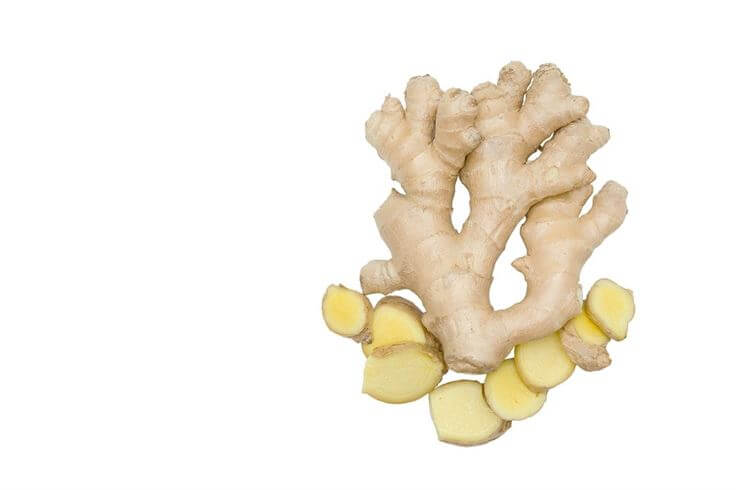
Ginger has been used as a home remedy for asthma attacks for centuries. A new study has found that it may be just as effective as some traditional asthma medications.
Asthma is a chronic lung condition that causes narrowing of the airways and difficulty breathing. Asthma attacks can be triggered by many things, including allergies, cold air, exercise, and stress.
Many medications can help prevent or treat asthma attacks. However, these medications can have side effects, and some people prefer to try natural remedies.
Ginger has long been used as a natural remedy for various ailments, including nausea, colds, and stomach pain. Some people believe that it can also help to relieve asthma attacks.
The new study, published in the Journal of Alternative and Complementary Medicine, looked at the effects of ginger on asthma attacks.
The study included 45 people with asthma. Half of the participants were given ginger capsules, while the other half were given a placebo.
The participants were asked to record their asthma symptoms, including the number of asthma attacks they experienced, the severity of their attacks, and the number of days they took their medication.
The study showed that the ginger group had significantly fewer asthma attacks than the placebo group. They also had less severe attacks and required less medication.
How to use ginger for Asthma attacks?
If you’re considering using ginger as a home remedy for asthma, you must talk to your doctor first. Ginger can interact with some medications, so it’s important to make sure it’s safe for you to use.
Once you have the go-ahead from your doctor, there are a few different ways you can use ginger to help ease your asthma symptoms.
One of the simplest ways to use ginger for asthma relief is to add a few slices of fresh ginger to a cup of boiling water. Allow the ginger to steep for a few minutes, then drink the tea. You can also add a bit of honey or lemon to taste.
If you don’t like the taste of ginger tea, you can also try taking ginger capsules. You can find these at most health food stores. Follow the directions on the package to be sure you’re taking the correct dose.
Another way to use ginger for asthma relief is to paste fresh ginger and water. Apply the paste to your chest and back, and massage it into your skin. You can also inhale the fumes from the paste, which can help to open up your airways.
There’s no guarantee that ginger will work for everyone, but it’s worth a try if you’re looking for a natural home remedy for asthma relief.
Garlic
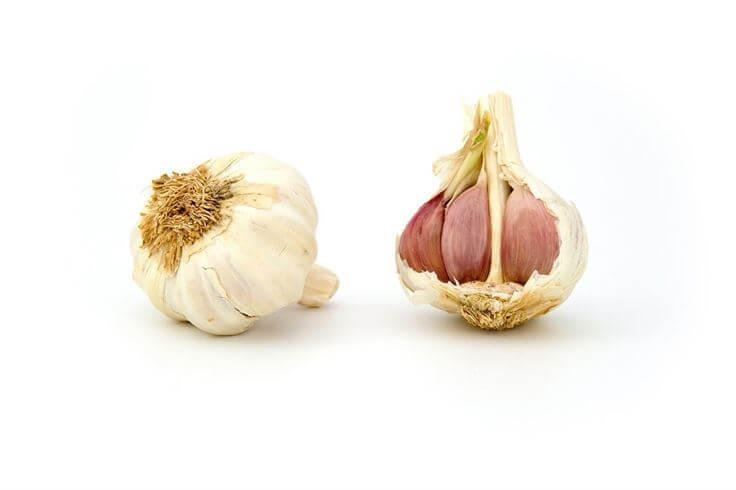
Many home remedies for an asthma attack can be used to ease the symptoms and shorten the duration of an asthma attack. One such home remedy is garlic.
Garlic has long been used as a natural remedy for various ailments, including asthma. A study published in the journal “Phytotherapy Research” found that garlic may help to reduce the severity and frequency of asthma attacks.
The study looked at the effects of garlic extract on rats that were induced with asthma. The rats were given the garlic extract for four weeks, and the researchers found that the rats had significantly less airway inflammation and bronchoconstriction (narrowing of the airways) than the rats that did not receive the garlic extract.
The study’s lead author, Dr. Luz Maria De-Sousa, said that the findings “support the use of garlic as a possible adjuvant therapy for asthma.”
While more research is needed to confirm the findings of this study, garlic is a safe and effective home remedy for asthma that has been used for centuries. If you or a loved one suffers from asthma, consider adding garlic to your diet or using a garlic supplement.
Turmeric
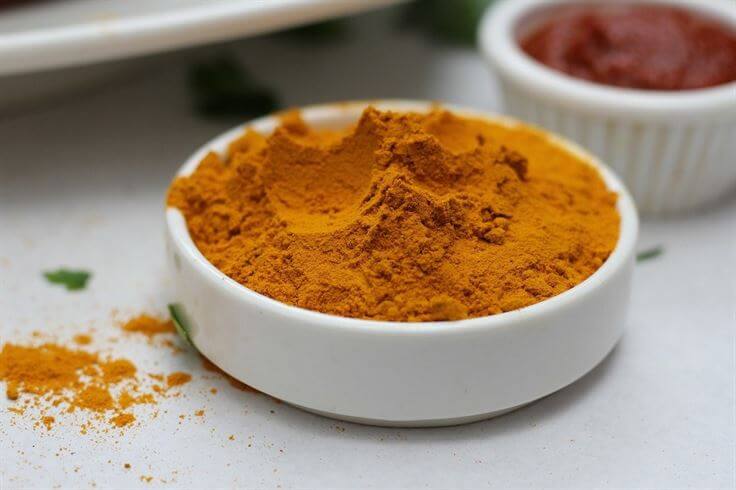
Turmeric is an effective home remedy for asthma attacks. Studies have shown that it can help reduce asthmatic symptoms.
Turmeric contains an anti-inflammatory compound called curcumin, which is thought responsible for its beneficial effects. If you suffer from asthma, you may wonder whether turmeric could help relieve your symptoms.
Turmeric has been used in traditional medicine for centuries. The active ingredient in turmeric is curcumin, which has anti-inflammatory and antioxidant properties. These properties make turmeric a promising home remedy for asthma attacks.
Many studies have looked at the effects of curcumin on people with asthma. One study found that curcumin could reduce the severity of asthmatic symptoms in a group of children.
Another study looked at the effects of curcumin on adults with asthma. This study found that curcumin could improve lung function and reduce the number of asthma attacks.
Overall, the evidence suggests that curcumin may be a helpful home remedy for asthma attacks. However, more research is needed to confirm these findings.
If you are interested in trying turmeric as a home remedy for asthma attacks, you should keep a few things in mind. First, it is important to purchase turmeric that is certified organic. This will ensure that you are getting a pure product.
Second, it is best to take turmeric in capsules or as tea. You can also add it to food or smoothies. Third, starting with a small dose is important and gradually increasing it as your body gets used to it.
Turmeric is a safe and effective home remedy for asthma attacks. However, as with any home remedy, it is always best to speak to your doctor before starting any new treatment.
Honey
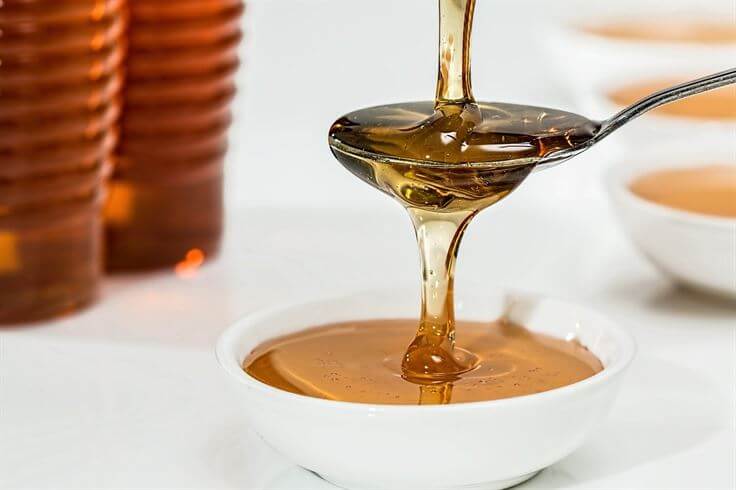
Asthma is a chronic disease that affects the airways in your lungs. It is a condition in which the airways narrow and swells and produce extra mucus. This can make breathing difficult and trigger coughing, wheezing, and shortness of breath.
While there is no cure for asthma, there are treatments that can help control the disease and relieve symptoms. One such treatment is the use of honey.
Honey has been used as a medicinal remedy for centuries. It is a natural product that has anti-inflammatory and antibacterial properties. These properties make honey an effective asthma treatment.
A study published in BMC Complementary and Alternative Medicine found that honey can effectively treat asthma. The study looked at the effect of honey on asthma symptoms and found that it can help to reduce the frequency and severity of asthma attacks.
The study found that honey can help to reduce inflammation in the airways and improve airflow. Honey can also help to reduce mucus production and improve airway function.
The study concluded that honey is a safe and effective treatment for asthma and can be used as an adjunct to conventional asthma therapies.
If you are considering using honey as a treatment for asthma, it is important to talk to your doctor first. Honey can interact with some medications, so it is important to be sure that it is safe for you to use.
Conclusion
These home remedies for asthma attacks can help you get relief without an inhaler. However, it is important to remember that these are not substitutes for medical care.
If you have asthma, work with your doctor to develop a comprehensive treatment plan that includes medication and lifestyle changes.




